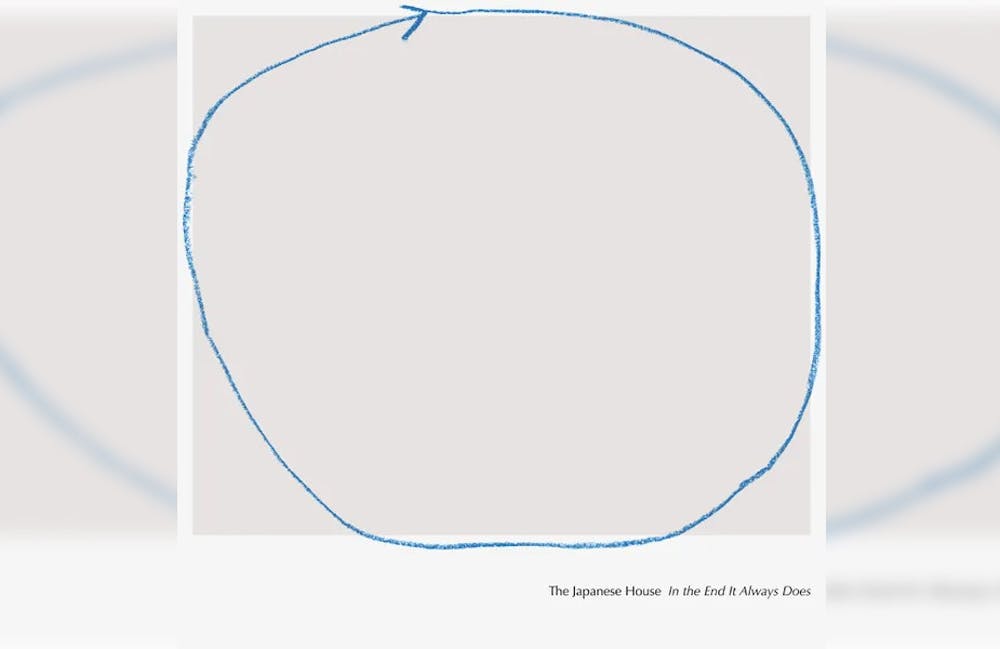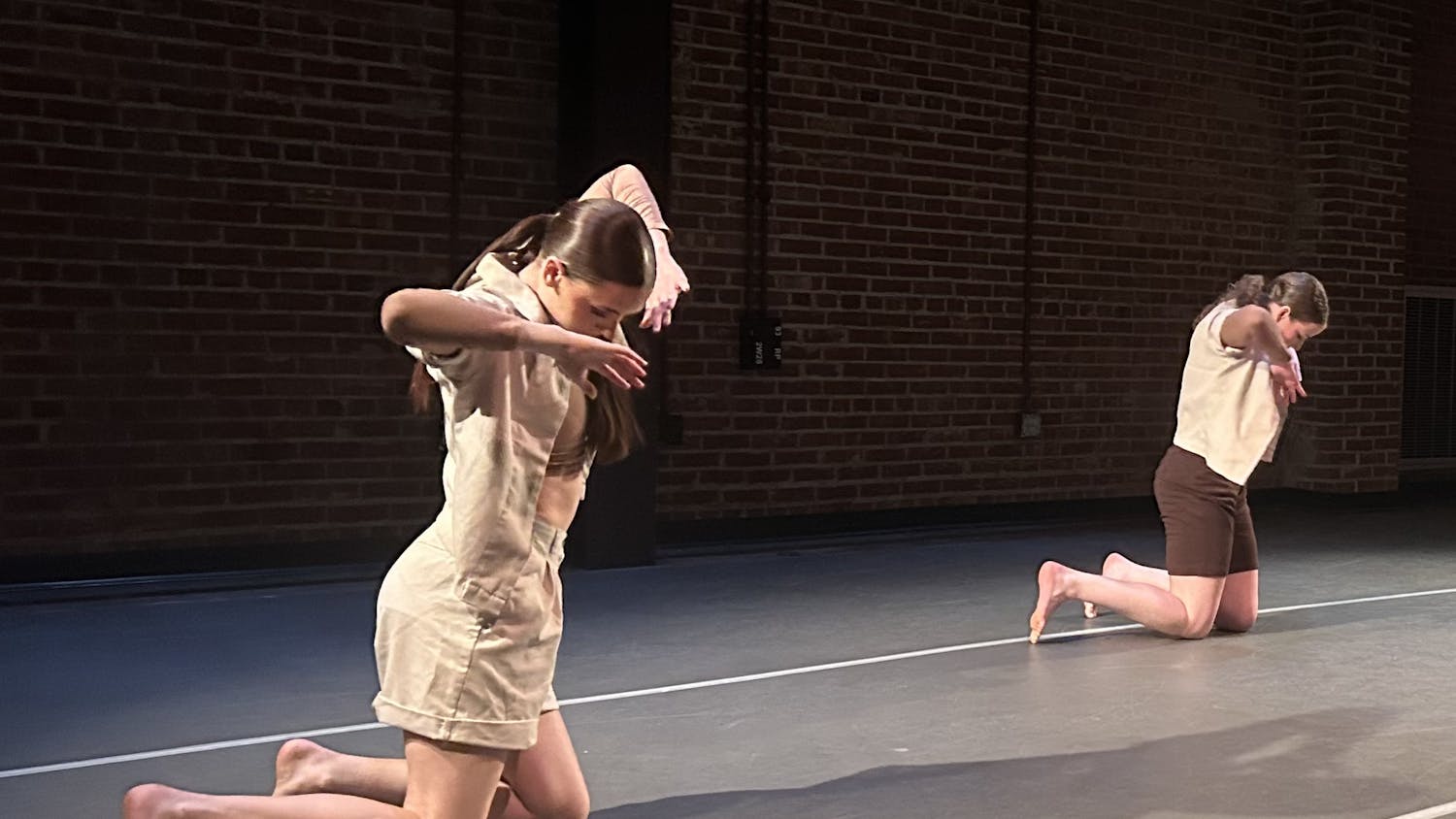The Japanese House has returned to music after a four-year album hiatus. Amber Bain, the artist working under the moniker “the Japanese House,” is an indie electropop artist from Buckinghamshire, England. Her career began in 2012, when she signed with the music label Dirty Hit. Bain has since continued to develop her 80s-inspired, synth-heavy style, up to her most recent release.
“In the End It Always Does” is representative of Bain’s four-year pause between albums and her sound is unmistakably her own this time around. Between her two albums, there has been a shift in what Bain writes about.
While her lyrics remain highly meditative, there is an overarching feeling of hope that wasn’t always present in the Japanese House’s earlier releases.
This album additionally has notable collaborations, including Katie Gavin of Muna, Justin Vernon of Bon Iver and Matty Healy of the 1975.
The album opens with “Spot Dog,” a track that feels both serene and disorienting at times. There are only four lines of lyrics that repeat, but the song changes tempo several times throughout. It’s a strong opening for an album because it represents the conflicting feelings that later arise in the album.
Bain conquers the skill of creating a sad song perfect for dance parties with “Sad to Breathe. "With a melody like that of the 1975, the Japanese House contradicts the bright sound with somber lyrics like “And I go to bed and I’m crying / ‘Cause it’s sad to breathe the air when you’re not there.”
The song “Boyhood” describes the lifelong search for acceptance — both from oneself and from others. It is arguably the most introspective track on the album, with the lyrics, “And I’m still out looking for me / I go out and try to chase myself / Find someone that might restore me.” Bain has spoken in previous interviews about the song pertaining to her sexuality and the difficulties she has encountered with this journey in the past.
“Boyhood” is not only catchy, but it is a lyrical powerhouse on the album.
A personal favorite on the album is “You always get what you want.” I tend to gravitate towards the simpler songs that really let Bain’s deep vocals shine, and this song is layered with vocal tracks that do just that.
The last track is a delicate conclusion to the entire album. “One for sorrow, two for Joni Jones” is a stripped-down song with a backing track of piano and strings, automatically making it stand out from the rest of the album. Bain sings about the end of her relationship, ultimately describing both the optimism and fear that coincide during big life changes.
“In the End It Always Does” has the potential to be one of the strongest indie pop releases of the year and a lot of its strength comes from the interesting sound that the Japanese House is able to create. Bain’s artful lyricism adds a whole other layer of complexity to the entire production, setting her work apart from any other artist at the moment.




